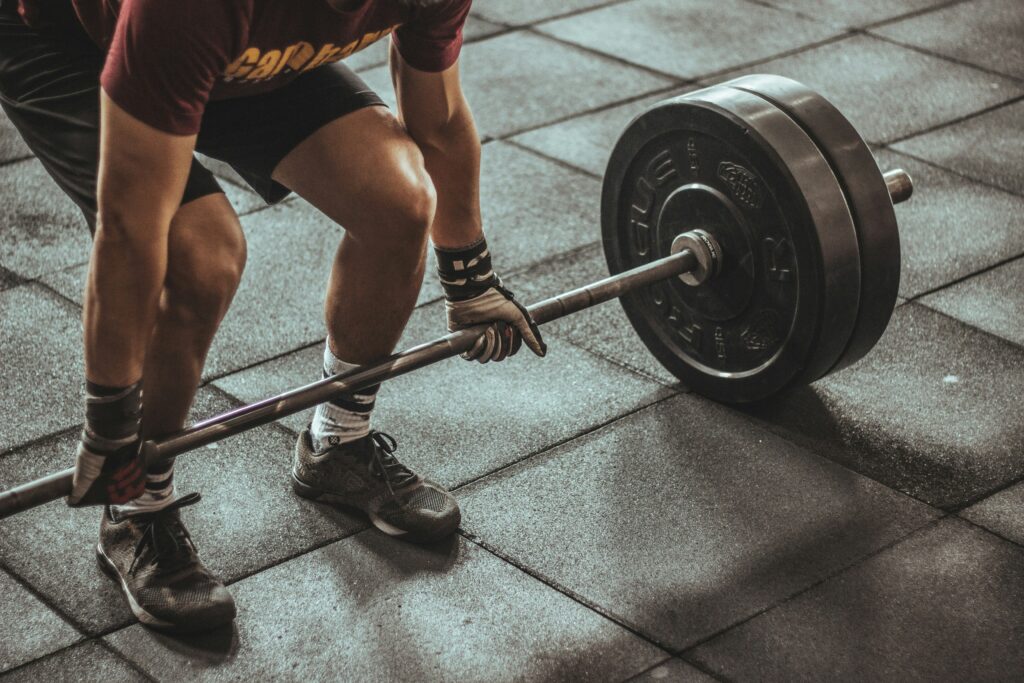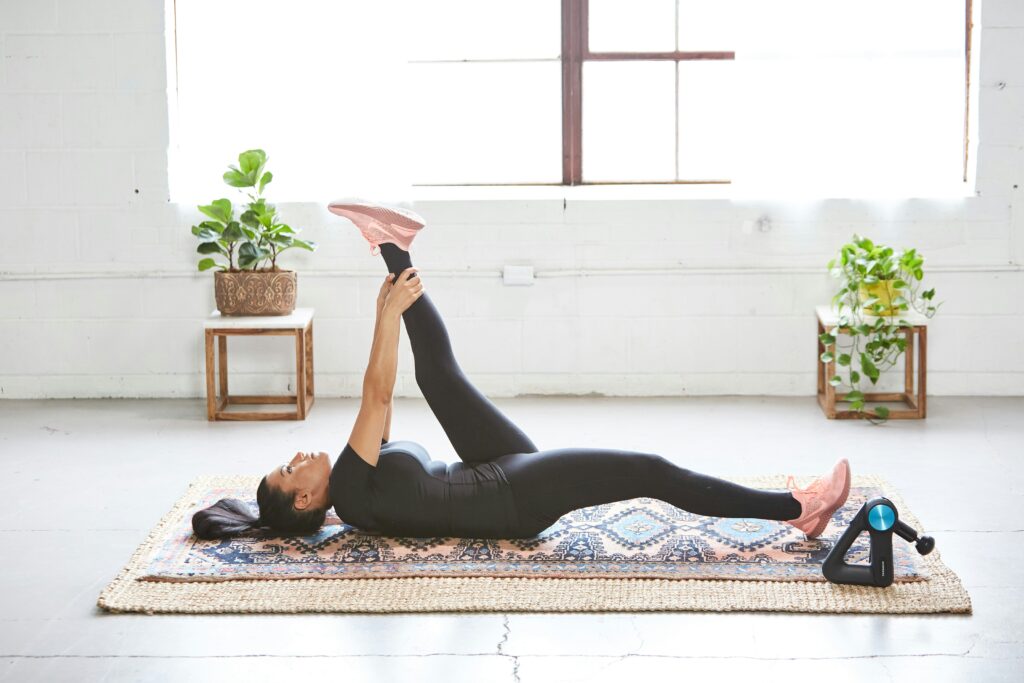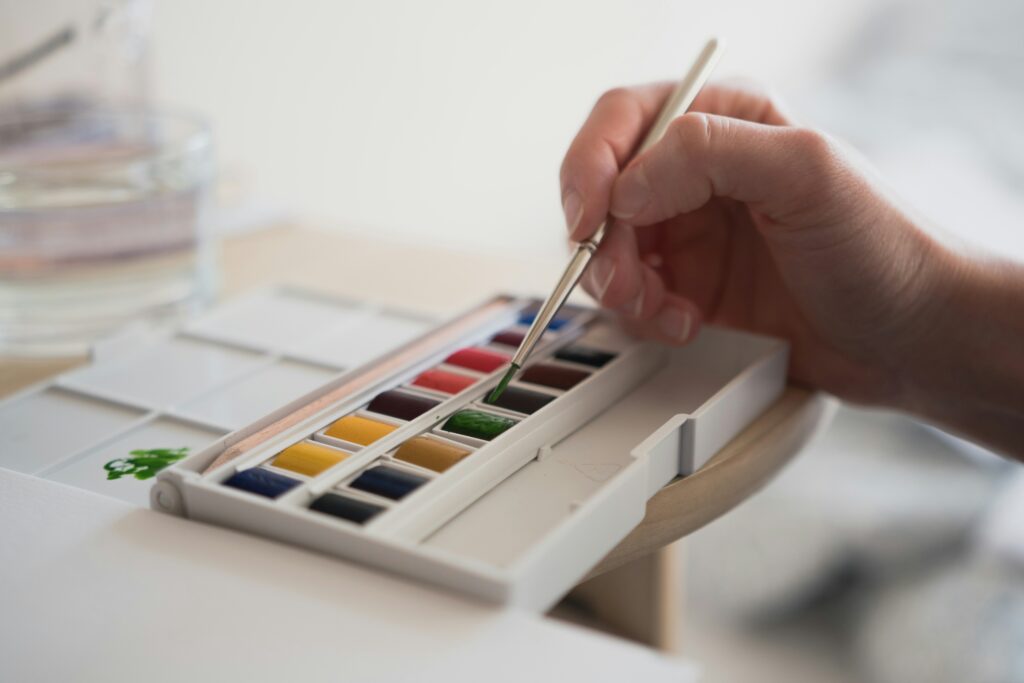Sobriety opens the door to a world full of possibilities, but the transition can feel daunting. The good news is that there are countless engaging, fulfilling, and fun activities that can enhance your recovery journey. Whether you’re newly sober or have been in recovery for years, finding the right activities can improve your mental health, rebuild relationships, and reduce the risk of relapse. This article highlights various activities you can engage in while living sober, supported by government resources and statistical data to help you make informed choices.
Key Points
- Sober Activities for Couples: Building connection through shared, substance-free experiences.
- Addiction Recovery Activities: Engaging hobbies and habits that promote long-term sobriety.
- Outdoor and Fitness Pursuits: Staying physically active to improve mental health.
- Creative Outlets: Expressing emotions through art, music, and writing.
- Social and Community Engagement: Building supportive networks and giving back.
- Mindfulness and Mental Health: Yoga, meditation, and therapy for emotional balance.
- Learning and Growth: Education, skill development, and career enhancement.
Sober Activities for Couples:
Rebuilding relationships can be a crucial part of the recovery process. Couples in recovery often need new ways to bond without the influence of substances. Consider these activities:
- Cooking Classes: According to the National Institutes of Health (NIH), cooking as a couple can reduce stress and strengthen relationships.
- Hiking and Outdoor Adventures: Shared physical activities like hiking not only boost health but also create lasting memories.
- Volunteer Work: Engaging in community service as a couple builds a sense of purpose and connection.
- Game Nights: Simple, substance-free game nights foster communication and laughter.
A study by the Substance Abuse and Mental Health Services Administration (SAMHSA) indicates that couples engaging in joint sober activities report a 30% increase in relationship satisfaction.

Addiction Recovery Activities:
Engaging in structured, purposeful activities can significantly reduce the likelihood of relapse. Here are some ideas:
- Fitness Classes and Sports: Exercise releases endorphins, reducing stress and enhancing mood.
- Art and Music Therapy: The National Center for Biotechnology Information (NCBI) highlights that creative therapies improve emotional expression and reduce anxiety in people recovering from addiction.
- Support Groups and Peer Activities: SAMHSA reports that individuals in recovery who regularly attend peer-led activities are 60% more likely to maintain sobriety.

Outdoor and Fitness Pursuits:
Physical activity plays a critical role in addiction recovery by promoting overall well-being. According to the Centers for Disease Control and Prevention (CDC), individuals who engage in at least 150 minutes of moderate exercise per week experience lower rates of depression and anxiety.
- Cycling or Running Clubs: Join local fitness groups to stay motivated.
- Yoga and Meditation: The American Psychological Association (APA) suggests that mindfulness practices can reduce cravings and improve emotional regulation.
- Team Sports: Engaging in recreational sports builds camaraderie and accountability.

Creative Outlets:
Finding ways to express yourself can be healing and transformative.
- Painting and Drawing: Art therapy is proven to enhance mental clarity and reduce stress.
- Music Lessons or Band Participation: Creating music can be both fulfilling and therapeutic.
- Writing and Journaling: The National Institute on Drug Abuse (NIDA) notes that journaling helps individuals process emotions and track recovery progress.

Social and Community Engagement:
Developing a strong support system is crucial for maintaining sobriety.
- Volunteering: Giving back boosts self-esteem and helps individuals find purpose.
- Community Events: Participating in local events creates social connections and reduces isolation.
- Sober Meetups: Look for sober social groups in your area to build friendships and expand your network.
Mindfulness and Mental Health:
Focusing on mental health and self-awareness can significantly enhance the recovery process.
- Therapy and Counseling: Regular therapy helps address underlying issues contributing to addiction.
- Meditation Retreats: These retreats offer a chance to disconnect and focus on self-growth.
- Breathwork Classes: Controlled breathing techniques reduce stress and improve emotional balance.
Learning and Growth:
Continuous learning provides direction and purpose, preventing feelings of stagnation.
- Online Courses: Platforms like Coursera and Udemy offer courses on various topics.
- Career Development Programs: Investing in your career can improve financial stability and self-worth.
- Workshops and Seminars: Attend events that align with your personal interests and goals.
Golden Road Recovery: Supporting Long-Term Sobriety
Golden Road Recovery offers a comprehensive approach to addiction recovery, emphasizing holistic, personalized treatment plans. Our facility provides various addiction recovery activities, including art therapy, fitness programs, and counseling sessions designed to address both the physical and emotional aspects of addiction.
Recovery does not need to give up fun. We recognize that recovery is an exciting lifelong journey, which is why we encourage involvement in sober activities for couples and community engagement. By fostering a supportive, nurturing environment, we help individuals rediscover joy and fulfillment in sobriety.
For more information on how Golden Road Recovery can help you with things to do while your living sober, visit our website or contact our admissions team today.
Sources:
Substance Abuse and Mental Health Services Administration (SAMHSA)




